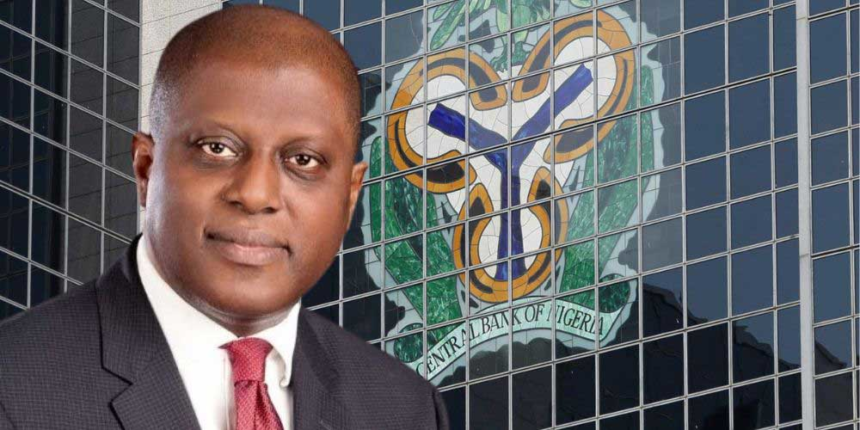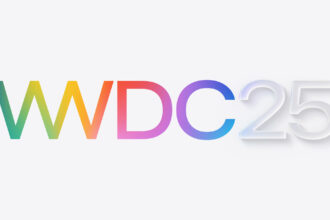In an aggressive attempt to curtail the rapid inflation in Nigeria, the Central Bank of Nigeria, CBN, increased its lending rate from 18.75% to 22.75%.
The new CBN governor, Olayemi Cardoso, after the Monetary Policy Committee meeting on 27 February 2024, made the announcement.
The CBN governor stated that the rapid rise of inflation in the country at this time is a major concern to the committee and the direction taken is a means to slow down and reverse the inflation.
Expectations are looking at a 300 basis point hike at the writing of this post as the new CBN governor is set to show his seriousness in dealing with the economic inflation.
Although the Central Bank of Nigeria CBN increased the interest points, there is an already existing gap between the yields on the short-dated paper sold at auction, the CBN’s policy rate, and what the government debt offers.
To the Central Bank governor, it is evident that non-monetary factors are playing a crucial role in inflation. Earlier, the Bank made some policy rate hikes that managed to slow down the inflation rise but not enough to reverse the situation.
However, if this situation is not handled properly, signs of a series of inflationary challenges in the near future will appear.
The CBN Inflation Situation
The regime of President Bola Ahmed Tinubu, although still in its infancy, has been filled with protests concerning the country’s welfare and direction. Cardoso’s predecessor Godwin Emefiele, who was appointed by former president Buhari, had already taken the country on a dark path, leading the country to an 18-year high inflation mark under six years in office.
The former governor could not control the inflation rate, instead, proceeded to extend federal government loans, artificial exchange rates, and a series of funded agricultural schemes, to say the least.
Then, approximately six months after the appointment of Cardoso as the CBN governor, the inflation in Nigeria is close to a record three-decade high at 29.90, an issue that is drastically depleting the spending power of the Naira.














